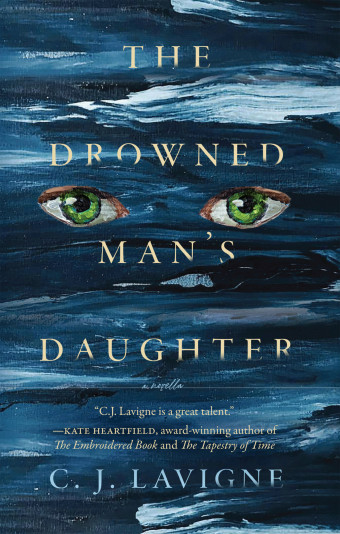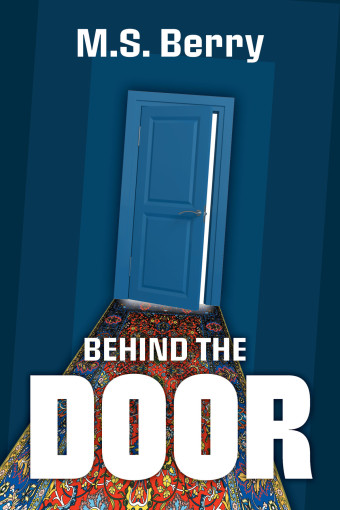When Vancouver-based author Genni Gunn’s mother moved house, she found a cache of her late husband’s wartime documents, which disclosed that he had been in the Special Operations Executive in Italy during the Second World War, aiding the Allies.

- The Cipher
- Genni Gunn
- Signature Editions
- $22.95 Paperback, 242 pages
- ISBN: 978-17-73241-42-5
He had never spoken of these experiences to his family. SOE taught its agents to forget; they were constrained by the Official Secrets Act, but also by the danger that a false word could lead to the death of another agent or a partisan.
The echo of this imperative might have played a part in Gunn’s father’s reticence. “He was always an introvert at home,” she says. “Naturally, given he was sworn to secrecy, he never spoke of his war experiences.”
Gunn and her brother were fascinated by this secret life, and dove into archives and recently opened SOE agents’ stories. One result of that research is Gunn’s latest historical novel, The Cipher.
Gunn describes how she and her brother Leo began the search to find out more about their father. “Leo was travelling to the U.K. pretty regularly, so it made sense that he should probe the National Archives. Meanwhile I was going to Italy almost every year, and so I leapt into the Italian archives in various cities, concentrating in the end on Trieste, the city of my birth.
“As we spent time in the archives, we shared everything, so now we both have a voluminous archive of SOE and the Trieste Question.”
Gunn had already written an Italian novel set in the Second World War, so she says it felt natural to take on a new one. “Fiction would allow me to create a composite of my father, based on all I had read.”

The Cipher’s action takes place between 1939 and 1948, in England, Italy, Abyssinia, Kenya, Algiers, and Trieste. Fascism is rising in Europe. Olivia Baldini is a young Anglo-Italian woman with hyperthymesia (highly superior autobiographical memory), which makes her valuable to the SOE. Nino is an Italian merchant marine recruited into SOE while in a British POW camp in Kenya.
As the Allies, German Nazis, Italian Fascists, and Yugoslavian Communists fight over Italy after Mussolini’s surrender, these two meet during missions, aiding the partisans and resistance fighters. Olivia and Nino are instantly attracted to each other, but their SOE missions (ciphering and deciphering) are infinitely more important.
“Both of the protagonists are ciphers, and decoding ciphers, but the sound of the two words − the cipher − sounds like ‘decipher,’ which is essentially what I was doing in deciphering my father,” Gunn says.
That there is conflict in The Cipher is clear. After the German surrender, there is still the Trieste Question: Trieste is divided between Yugoslavia and Italy where an Allied Military Government civil police force keeps order. But is there peace?
“I would say yes, in that the war ended, but human beings remain scarred by war experiences, in ways that are not necessarily visible. So in the novel, I think both Olivia and Nino are scarred in this way.
“Their lives are forever changed, and their peace is a negotiated new space.”













